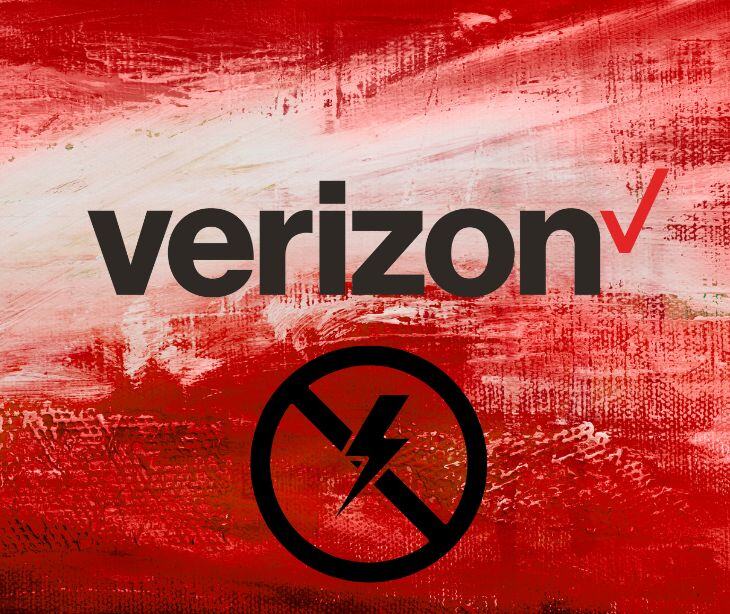
Antivirus and malware protection aren't just concerns for IT beginners. Healthcare organizations need antivirus software, and neglecting these security measures can have catastrophic consequences. The expenses associated with data loss, corruption, and system interruptions are much higher than the upfront and ongoing costs of implementing a security strategy.
The threat of malware
While the term "computer virus" has existed for a while, malware is still relatively new to many computer users. Malware refers to software that can originate from various sources and potentially cause severe damage, steal confidential information, or turn your computer into a "zombie" for launching attacks on other systems.
The most alarming aspect is that malware often infiltrates computers without the user's knowledge. It can come from websites, hidden email attachments, or seemingly harmless links from compromised email accounts.
Read more: How to identify and prevent malware in healthcare
The role of policies and education
In a healthcare setting, where daily operations prioritize patient care and administrative tasks, it's necessary to balance productivity and security. Establishing and enforcing policies regarding computer usage is the first line of defense against malware. Everyone in the organization must understand that these policies exist to safeguard valuable data.
A combination of technical solutions and staff education is necessary to protect your systems. Small practices may need to rely on their chosen IT contractor for implementation, but understanding the fundamentals can help guide decision-making. There is no single solution to combat malware threats. A multi-layered approach involving various software applications, hardware configurations, and user policies must be consistently maintained to address the ever-evolving nature of cyber threats.
Related: Types of cyber threats
Technical solutions for enhanced security
Implementing antivirus software is a significant step in defending against malware attacks. Choosing a centrally managed solution can streamline the process and ensure consistent protection across all devices. Consider the potential costs of data loss and system downtime resulting from a virus outbreak when comparing different antivirus options.
In addition to antivirus software, there are several other technical measures that healthcare organizations can implement to enhance security:
Restrict external devices
Establish rules prohibiting the connection of personal external devices to company computers or equipment. If not properly managed, USB storage devices, digital music players, PDAs, cell phones, and digital cameras can introduce vulnerabilities. Disabling USB ports on PCs can be an effective preventative measure.
Implement spam filtering
Complement your existing email system with a spam filtering system. This will help block harmful attachments and links from infiltrating your network. If your email is hosted by another company, contact them to discuss options for spam filtering.
Isolate networks
Isolate your network into different subnets or VLANs. This separation helps minimize the impact of a malware attack by containing it within a specific network segment. Medical devices connected to PCs should be on an isolated network to prevent spreading infections.
Control web surfing
Implement centralized control systems to limit web surfing. Numerous hardware solutions in the market can be placed between your network and the internet provider to block known malicious websites and content. While this layer of protection is not foolproof, it significantly reduces the risk of malware infiltration.
Secure shared drives
Be cautious when using shared drives for file storage. Ensure that appropriate permissions are set to prevent unauthorized access. While drive sharing is convenient, it's necessary to balance accessibility and security.
Close unnecessary ports
Evaluate your firewall settings and close unnecessary ports. Smaller offices often tend to leave their internet connections wide open, leaving many unnecessary doors between the network and the internet. Closing these ports can strengthen your network's security posture.
Go deeper:
In the news
Kaspersky Labs, the Russian antivirus company, announced its departure from the United States following a recent ban by the Biden administration. The US government cited alleged ties between Kaspersky and the Kremlin as a risk to national security, leading to the prohibition of Kaspersky's software sales and updates after September 29. The decision also saw sanctions imposed on a dozen Kaspersky executives, though notably not on CEO Eugene Kaspersky.
Despite initially planning to challenge the ban in court, Kaspersky will now wind down its US operations starting July 20, 2024, resulting in the elimination of all US-based positions. This move follows earlier restrictions on Kaspersky software by US federal agencies and the military. In response, Kaspersky maintains that it poses no threat to US security and attributes the ban to geopolitical tensions, particularly the ongoing Russian invasion of Ukraine. The company, which claims over 400 million users worldwide, asserts its commitment to protecting customers globally despite the challenges in the US market.
FAQs
What is antivirus software and how does it relate to healthcare security?
Antivirus software is a program designed to detect, prevent, and remove malware, including viruses, worms, and other malicious software. In healthcare, antivirus software helps protect critical systems and sensitive patient data from being compromised by cyber threats, ensuring the integrity and confidentiality of protected health information (PHI).
Why is antivirus software beneficial for HIPAA compliance in healthcare settings?
Antivirus software is beneficial for HIPAA compliance because it helps prevent malware infections that could lead to unauthorized access to PHI, data breaches, and operational disruptions. By securing systems against malicious threats, healthcare organizations can maintain the confidentiality, integrity, and availability of patient information as required by HIPAA.
What are the potential risks associated with not using antivirus software under HIPAA?
- Data breaches: Increased likelihood of unauthorized access to patient records and sensitive medical data due to malware infections.
- Data corruption: Alteration or loss of healthcare information caused by malicious software.
- Service disruption: Interruptions in healthcare services and access to medical systems resulting from malware attacks.
- Financial losses: Costs associated with breach remediation, legal penalties, and potential restitution for affected patients.
- Non-compliance: Failing to adhere to HIPAA's technical safeguards for protecting PHI, leading to potential fines and legal consequences.
Subscribe to Paubox Weekly
Every Friday we bring you the most important news from Paubox. Our aim is to make you smarter, faster.




